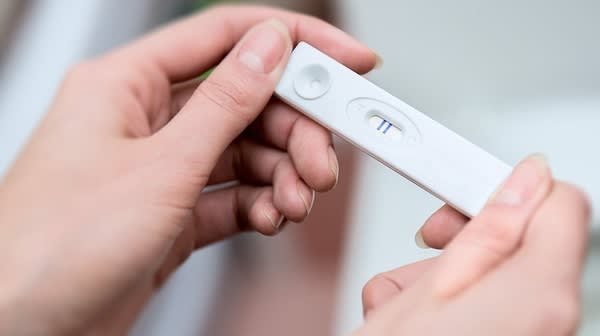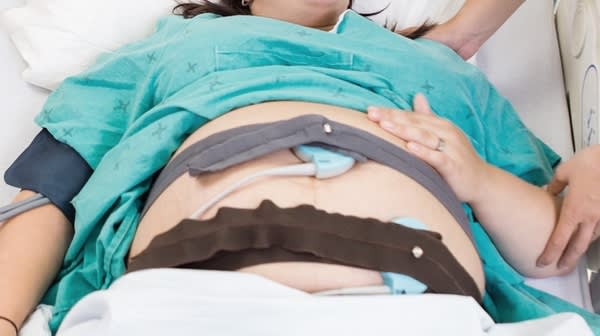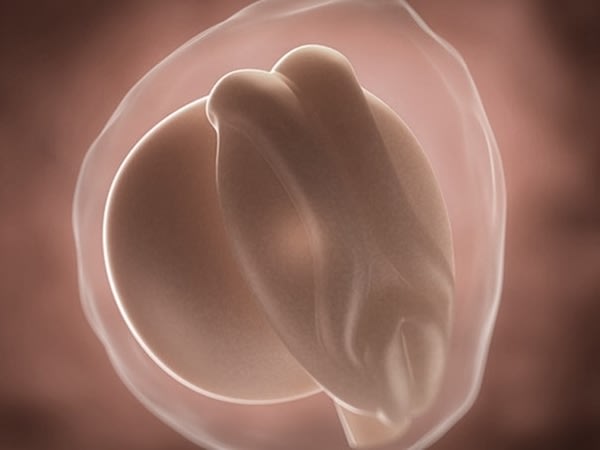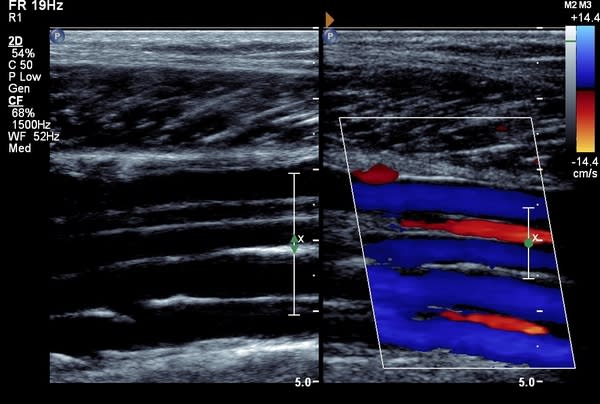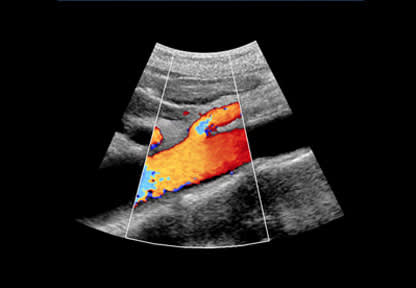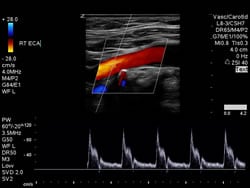Blog
Is it normal to feel anxious about being pregnant?
Friday 1st December 2017
Feeling anxious during pregnancy Pregnancy can be overwhelming to the point that after wanting a baby for so long, getting a positive test can quickly turn into stress and anxiety. After the initial period of happiness, pregnancy can seem very lonely and scary, and your head can start to fill with thoughts of what might…
Stretch marks - Can they be avoided?
Friday 1st December 2017
Are stretch marks inevitable in pregnancy or can you save your skin? If you don’t know much about pregnancy before you are expecting a baby, the one thing you are bound to have heard of is stretch marks! But is there anything you can do to lessen their impact on your skin or avoid them altogether? Read on… What are stretch marks? Stretch marks occur when the skin has been stretched beyond the tissue’s ability to bounce back into shape.…
Ovulation
Sunday 19th November 2017
WHEN IS THE BEST TIME TO CONCEIVE? Understanding your menstrual cycle and the date that you are likely to be ovulating can increase your…
Home Pregnancy Tests
Sunday 19th November 2017
HOME PREGNANCY TESTS: WHAT YOU NEED TO KNOW While headaches, nausea, and a missed period can be symptoms of early pregnancy, the only way to confirm it is to take a home pregnancy test. Find out when and how to carry out the test for the most accurate result. Am I pregnant? Around six days after fertilisation, the cells that will become the placenta start producing a hormone called hCG (human chorionic gonadotrophin)1. After two weeks – probably around the time your…
How To Recognise Signs Of Labour
Wednesday 16th August 2017
You've been anticipating childbirth for the last nine months, so of course you’re anxious to be able to tell when the big moment is arriving. How will you know when it’s time to grab your hospital bag and get to the delivery room? Thankfully,…
10 Ways To Get Better Sleep
Wednesday 16th August 2017
You’re so tired, and all you want is a restful night of sleep. So what's stopping you? Skip the late-night snacks We know baby’s hungry, but seriously, don’t consume anything—we’re talking about food and drink—less than two hours before bedtime. “There’s the likelihood that it will cause reflux or heartburn,” Move to the side You probably know you should sleep on your side if possible, since it’ll reduce…
Pain Relief During Labour
Thursday 13th July 2017
Giving birth is a unique experience and it’s impossible to predict how you will feel physically. Some level of discomfort is to be expected but if things go beyond your expectations, it’s reassuring to know pain relief is available. Understanding different methods of pain relief and when they might be administered should make your labour more bearable. TENS machine Prevents pain signals from reaching your brain Especially effective in the first stages of labour Helps your body release ‘feel-good’ endorphins Can be controlled to match pain levels No known effects on the baby TENS machines are widely available for hire online and from chemists − make sure you get…
Birthing Positions
Monday 17th April 2017
It’s natural to feel nervous about giving birth. Understanding your options and the benefits of different birth positions can help you feel more prepared. It’s also important to know what to expect if you need an assisted delivery or a caesarean, in case things don’t go to plan. Being in a good position During labour, there are certain positions that can make the birthing process easier. The most important thing is to make yourself as comfortable as possible, and don’t be…
1-4 Weeks Pregnant
Sunday 16th April 2017
Although you may not even know you’re pregnant, by week 4 your body is already going through some significant changes. Learn when your baby’s genetic make-up becomes set and how your placenta will soon begin to form to support them, along with nutrition tips for weeks 1–4 of pregnancy. The start of your baby’s journey Fertilisation takes place around 14 days…
Deep Vein Thrombosis (DVT) In Pregnancy
Sunday 12th March 2017
Deep vein thrombosis (DVT) is a serious condition where a blood clot develops, often in the deep veins of the legs but occasionally in the pelvis. It can be fatal if the clot dislodges and travels to the lungs. Having a DVT is not common in pregnancy, but pregnant women are…
Abdominal Aortic Aneurysm Screening
Sunday 12th March 2017
Abdominal aortic aneurysm (AAA) screening is a way of detecting a dangerous swelling (aneurysm) of the aorta – the main blood vessel that runs from the heart, down through the abdomen to the rest of the body. This swelling is far more common in men aged over 65 than it is in women and younger men. An AAA usually causes no symptoms, but if it bursts, it’s extremely dangerous and usually fatal. Around 8 out of 10 people with a ruptured AAA either die before they reach hospital or don’t survive surgery. Screening involves a simple ultrasound scan of your stomach (abdomen), which…
Stroke & Carotid Artery Disease
Sunday 12th March 2017
Carotid artery disease is a common cause of stroke. What is carotid artery disease? The carotid arteries supply oxygenated blood to the large front part of the brain. This part of the brain controls thought, speech and personality as…






